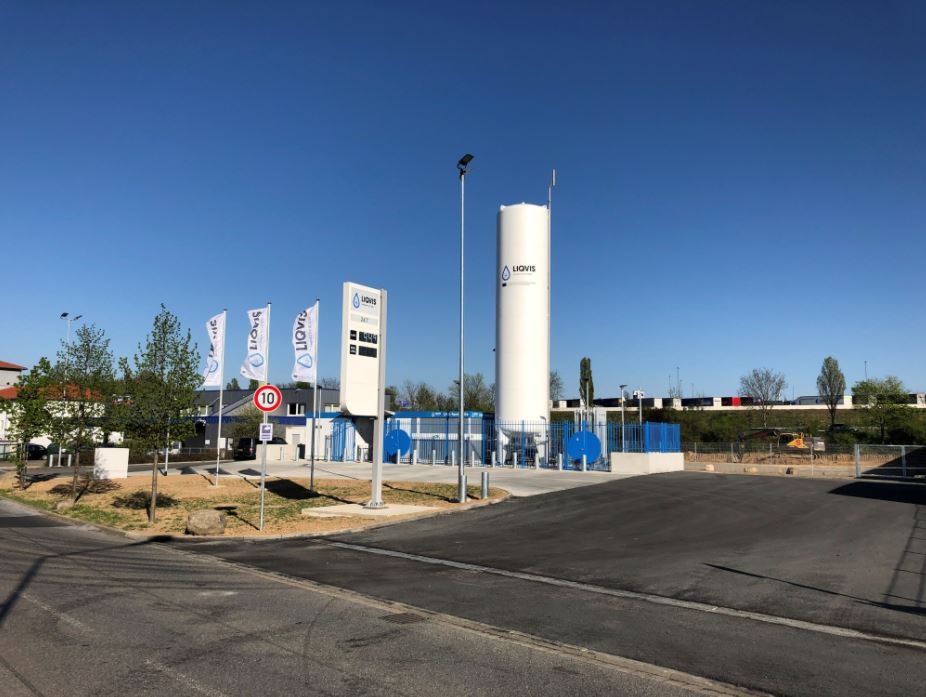Liqvis, a unit of energy firm Uniper, and partners have completed a short-term bio-LNG project as they look to further slash emissions in Germany’s transport sector.
Liqvis joined forces with L.I.T. Cargo and Iveco Magirus for the project which started on May 19 and was completed at the end of June, according to a statement by Uniper.
As part of the project, the Liqvis mobile LNG filling station in Hamm provided bio-LNG to the site of its long-standing customer L.I.T.
Moreover, L.I.T. used up to 16 Iveco S-way NP trucks running “exclusively on the sustainable fuel, demonstrating that, even today, transport operations using heavy-duty trucks can be almost climate neutral,” the statement said.
Reducing emissions
Ulm-based Iveco Magirus also collaborated on the project, using a telematics system to record performance data such as fuel consumption, power, driving style analysis and other measurement data for the LNG trucks.
In addition, GasCom Equipment supplied the bio-LNG produced from food waste and certified in accordance with ISCC EU standards.
“The total emission factor of 4.4 kg of CO2eq/GJ (including transport), results in a reduction of greenhouse gas emissions of around 96% compared to conventional diesel fuel,” Uniper said in the statement.
Bio-LNG helped slash CO2 emissions by around 80 tonnes during the project, it said.
Besides this project, Uniper’s Liqvis has also recently revealed it would next year start offering bio-LNG at its filling stations in Germany.
The LNG filling station operator has joined forces with EnviTec Bioenergie Gustrow, a unit of EnviTec Biogas, on the bio-LNG project. EnviTec will produce the fuel at its biogas plant in Gustrow.

